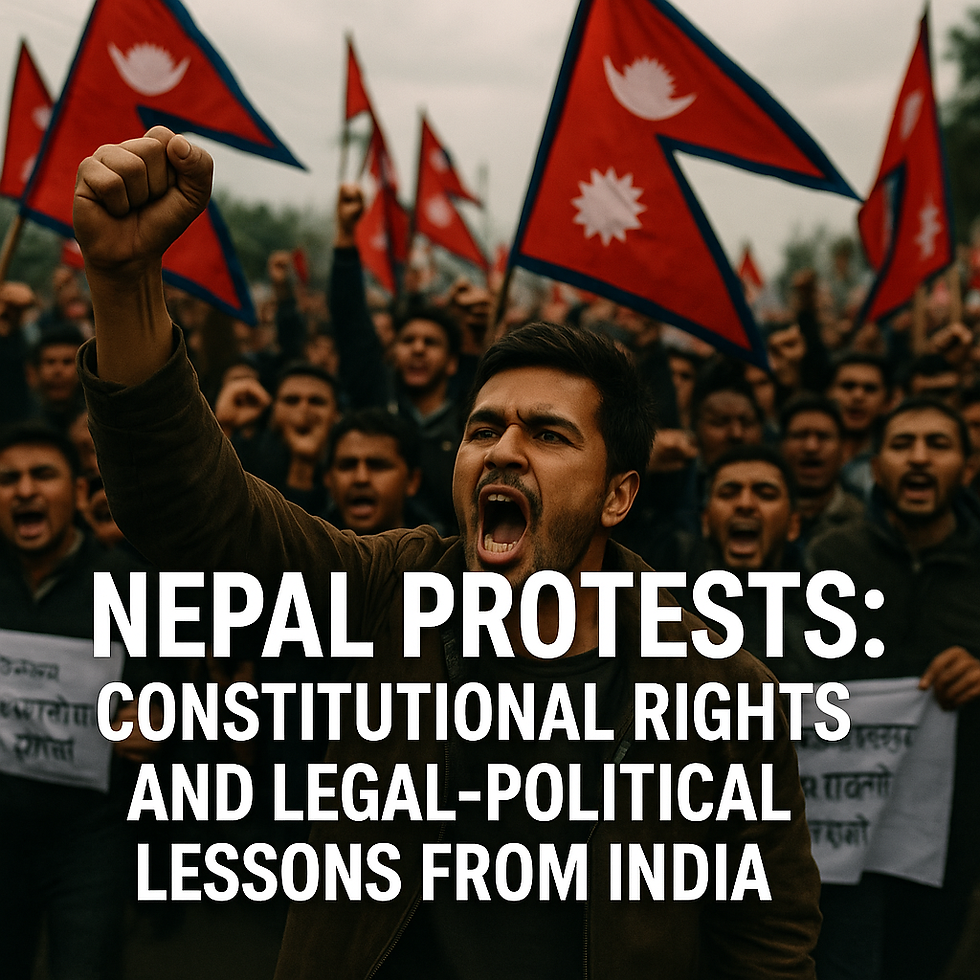Bombay HC Upholds Arbitration Award, BCCI to Pay ₹538 Crore to Kochi Tuskers
- Amit Tiwari

- Aug 25, 2025
- 2 min read
On June 18, 2025

On August 11, 2025, the Bombay High Court dismissed the BCCI’s plea challenging an arbitration award in favour of the now-defunct IPL franchise, Kochi Tuskers Kerala. The court ordered the Board to pay a staggering ₹538 crore, marking a significant legal and financial loss for India’s premier cricketing body .
Key Legal Observations:
Enforcement of Arbitration Awards
The judgment firmly affirms that an arbitration award must be honoured unless there is a clear legal infirmity. The court found no sufficient grounds to overturn the award issued in favour of the franchise.
Limiting Grounds for Judicial Interference
The ruling reiterates that courts must exercise judicial restraint when reviewing arbitrators’ decisions. Unless provable bias, fraud, or procedural violations are evident, judicial intervention is rare and usually unwarranted.
Corporate Governance in Sports Bodies
This case underscores how arbitration decisions can significantly impact even high-profile corporate entities like BCCI, reinforcing the rule of law over internal governance mechanisms.
Precedential Value for Future Disputes
The judgment may set a precedent, encouraging other parties - franchisees or sponsors - to trust arbitration outcomes and push for their enforcement, even against powerful institutions.
Legal Significance
This verdict offers several insights for legal and corporate practitioners:
It affirms the sanctity of arbitration mechanisms - even in high-stake, public-interest domains like sports administration.
It reinforces a culture where outcomes agreed upon by parties, through arbitration, must be honoured and enforced unless compelling legal reasons demand otherwise.
It signals judicial support for finalized arbitration decisions, which is a nod toward stability and predictability in commercial disputes.
Disclaimer:
This post is intended solely for informational and educational purposes. It is not a substitute for legal advice and should not be relied upon as such. Readers are advised to seek professional legal counsel for advice specific to their circumstances. This blog does not create an attorney-client relationship.



Comments